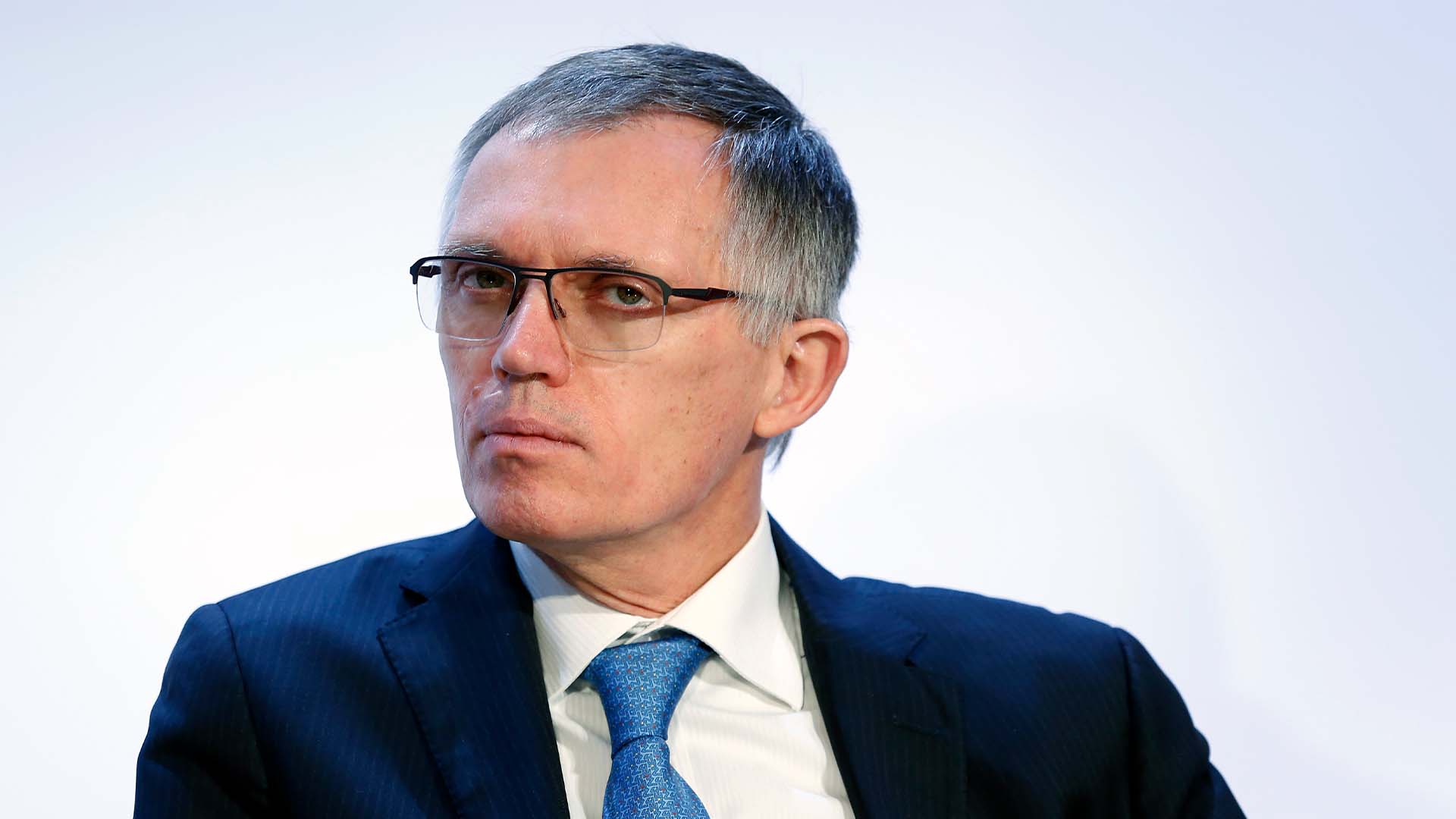

In what can only be described as an onslaught of Stellantis news, the auto group announced Tuesday that it has a new strategic plan that will reposition it as an “industry champion” on climate change. Sounds familiar, I know. Don’t worry—CEO Carlos Tavares still really dislikes having to make electric cars, and the fate of the internal combustion engine at Stellantis is now in the hands of U.S. regulators.
The announcement included a speech by Tavares where he explained, “Stellantis will be the industry champion in climate change mitigation, becoming carbon net-zero by 2038, with a 50 percent reduction by 2030. Taking a leadership role in decarbonization, as well as a decisive step forward in the circular economy, is our contribution to a sustainable future.”
What that means in real terms is that 100 percent of Stellantis’ sales in Europe and 50 percent of its U.S. sales will be battery electric vehicles (and specifically battery electric vehicles, per Tavares’ speech) by 2030. Over the 14 brands Stellantis is made up of, it’s promising more than 75 new BEVs and to sell more than five million battery-powered vehicles by the end of the decade.
But it’s not going to give up on internal combustion until it’s forced to. Answering a question about a possible plant closure in China, Tavares said that it came from a place of environmental logistics, saying that Stellantis’ pursuit of carbon net-zero by 2038 was “by far the number one, in terms of committing to such an early date for being carbon neutral.”
He added, “I think it makes total sense to accelerate fixing the global warming issue, and that’s where we feel good about it because it’s ethical, it’s very ethical. It’s not driven by regulations. It’s not driven by top-down decisions. It’s just driven by bottom-up ethical behavior of our people, ethical behavior of our top leadership team.”

What Carlos Tavares absolutely does not feel good about, however, is manufacturing electric vehicles. Then there’s the phase-out of internal combustion engine cars, to which he said, “the regulations are driving the end of ICEs.”
“If we take the example of Europe, there is an ICE ban that has been decided. Some countries decided to anticipate the ICE ban and that’s what we are preparing for,” Tavares continued, referring to the 2035 date when combustion sales will be banned in the majority of European countries, with Norway starting as early as 2025. “What will happen in the U.S. is going to be paramount for our strategy.”
Tavares thinks there’s potential to continue selling at least hybrid cars further down the line, saying, “There is a play that could be done, which is to continue to sell mild hybrids that will take out of the road clunkers with more than 12 years of age. And as you may imagine, those clunkers with more than 12 years of age, they have more than 60 grams per kilometer CO2 emissions, and somebody may want to protect affordability and to sell mild hybrids at an affordable price to replace one hundred and sixty grams of CO2 per kilometer of vehicles by 100 grams of CO2 per kilometer vehicles, which would create a big impact in terms of improving the planet and contributing to fixing global warming.”
“But that’s not the direction that has been selected by most of the countries. The direction is fully electric, so we go full electric,” Tavares explained. He said the fate of internal combustion “will be the result of the regulations and not our decision. It’s the regulations that will decide, but we are ready.”

As he had gone several sentences without mentioning the cost of converting to supplying electric vehicles, Tavares finished by mentioning Stellantis’ commitment to EVs before issuing a vague warning about it. “For that, we need a 400-gigawatt-hour [annual] battery supply, so you can calculate how many gigawatt hours the automotive industry will need by 2030. And then you can calculate how many battery plants you need and how many are under construction. That’s an interesting calculation, I would suggest.”
Stellantis announced multiple battery factories in the U.S. in the final quarter of last year.
Got a story tip? Mail it in on tips@thedrive.com